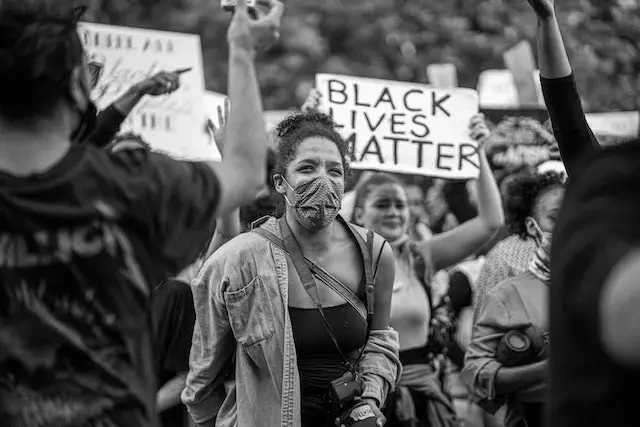The Effects of Racial Profiling

Racial discrimination and racial profiling are problems faced by millions of Americans every day. In many cities, black and Latino men make up the majority of those arrested or given a citation by police. Racial profiling occurs when an officer uses stereotypes in deciding who to stop, search and arrest.
There has been a lot of talk about the impact racial profiling has on both minorities and the people doing the profiling. While there are going to be some differences in opinion about what racial profiling means, most people agree that it’s not a good thing – especially for those who are being profiled based on their ethnicity. In this article, we’re going to take a look at how racial profiling impacts both sides of the issue and how it influences society.
The Effects of Racial Profiling on Students
Racial profiling by police officers is a controversial topic that often leads to heated debates. Some people argue that it is a necessary law enforcement tool, while others believe that it is a form of discrimination. There is no simple answer to this question, but it is important to consider the potential effects of racial profiling on students. Racial profiling can have a number of negative effects on students.
First, it can lead to feelings of frustration and anger. When students are stopped and questioned by police officers simply because of their skin color, it can send the message that they are not valued members of society. This can lead to a sense of isolation and resentment.
Second, racial profiling can also have a negative impact on a student’s academic performance. Studies have shown that students who feel targeted by racial profiling are more likely to struggle in school and have lower grades. This is because the stress and anxiety of being targeted can interfere with concentration and focus.
Finally, racial profiling can also contribute to a sense of mistrust between police officers and the community. When members of a community feel that they are being unfairly targeted by the police, it can lead to a lack of cooperation with law enforcement. This, in turn, can make it more difficult for police officers to do their jobs and keep the community safe.
There is no easy solution to the problem of racial profiling. This topic is still controversial and subject to heated debate, which results in numerous discussions on campus and during lessons, and teachers even give racial profiling essay writing assignments to their students to help them think about this issue.
However, it is important to be aware of the potential effects of this practice on students. By understanding the potential consequences, we can work to find ways to reduce or eliminate the negative impact of racial profiling.
The Effects of Racial Profiling on Communities
Racial profiling is the discriminatory practice by law enforcement of targeting individuals for suspicion of crime based on the individual’s race, ethnicity, nationality or religion. Racial profiling is a form of discrimination that violates an individual’s civil and human rights. It also undermines the public’s trust and confidence in law enforcement.There is a growing body of evidence that suggests that racial profiling by police is widespread in the United States. A 2016 study by the Center for Policing Equity found that Black and Latinx drivers are significantly more likely than White drivers to be pulled over by police. The study also found that Black and Latinx drivers are more likely to be subjected to use of force by police, even when they are not resisting arrest.
Racial profiling can have a profound impact on communities of color. Individuals who are subjected to racial profiling are more likely to experience anxiety, fear and mistrust of police. This can lead to further alienation of these communities from law enforcement and the criminal justice system. Racial profiling also reinforces stereotypes and prejudice against minority groups. It can foster an environment of suspicion and mistrust, and can ultimately lead to more violent confrontations between police and the community. There are a number of ways to address racial profiling by police. Training on cultural competence and implicit bias can help to reduce the incidence of racial profiling.
Police departments can also develop policies that prohibit racial profiling and require officers to document the rationale for any stop or search. Ultimately, addressing racial profiling requires a commitment to building trust and relationships between law enforcement and the communities they serve. When individuals feel respected and valued by police, they are more likely to cooperate with and assist law enforcement in keeping their communities safe.





